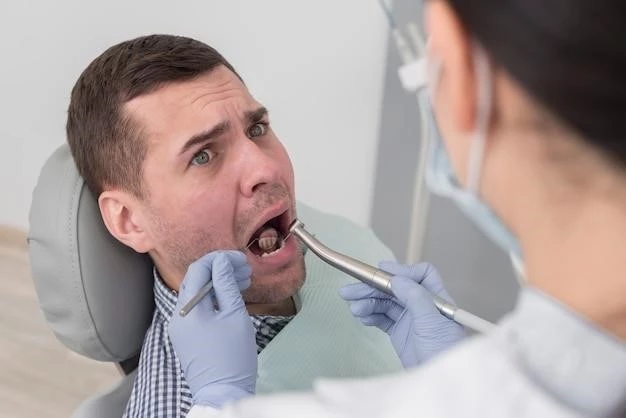Charcot-Marie-Tooth Disease Type 4B (CMT4B) is a rare genetic disorder affecting the peripheral nerves, leading to muscle weakness and sensory loss․
Genetic Causes of CMT Type 4B
CMT Type 4B is caused by mutations in various genes, such as the myotubularin-related protein 2 (MTMR2) gene․ These mutations affect the Schwann cells that support the peripheral nerves, leading to impaired nerve function․ The inheritance pattern of CMT4B can be autosomal recessive or autosomal dominant, meaning that a person needs to inherit a copy of the mutated gene from both parents (recessive) or just one parent (dominant) to develop the disease․ Genetic testing can help identify specific gene mutations associated with CMT Type 4B, guiding diagnosis and family planning decisions;
Symptoms and Diagnosis of Charcot-Marie-Tooth Disease Type 4B
Individuals with CMT Type 4B may experience progressive muscle weakness, particularly in the lower legs and hands, foot deformities, sensory loss, and decreased reflexes․ Diagnosis involves a combination of physical exams, nerve conduction studies, genetic testing, and nerve biopsies to assess nerve damage and confirm the presence of specific genetic mutations associated with CMT4B․ Early detection and accurate diagnosis are crucial for initiating appropriate management strategies and support․
Management and Treatment of CMT Type 4B
Currently, there is no cure for CMT Type 4B٫ so treatment focuses on managing symptoms and improving quality of life․ This may include physical therapy to maintain muscle strength and mobility٫ occupational therapy to learn adaptive techniques for daily tasks٫ orthopedic interventions for foot deformities٫ pain management strategies٫ and assistive devices like braces or orthotics․ Regular monitoring by a multidisciplinary team of healthcare professionals is essential to address evolving needs and provide personalized care․
Research Advances in Charcot-Marie-Tooth Disease Type 4B
Ongoing research in CMT Type 4B focuses on understanding the underlying disease mechanisms٫ developing targeted therapies to address the genetic defects٫ and exploring potential interventions to slow disease progression․ Advancements in gene therapy٫ stem cell research٫ and precision medicine offer hope for future treatment options․ Collaborative efforts among researchers٫ clinicians٫ and patient advocacy groups are essential to advancing knowledge and translating scientific discoveries into innovative strategies for managing CMT Type 4B․
Living with Charcot-Marie-Tooth Disease Type 4B

Living with CMT Type 4B can present challenges that impact daily life٫ mobility٫ and emotional well-being․ Individuals may require adaptive equipment٫ mobility aids٫ and home modifications to enhance independence and safety․ It is essential to establish a strong support network٫ including healthcare providers٫ family٫ and community resources٫ to navigate the physical and emotional aspects of the condition․ Maintaining a positive mindset٫ staying physically active within personal limitations٫ and connecting with peer support groups can help individuals cope with the challenges of living with CMT4B․
Support Resources for Individuals with CMT Type 4B
For individuals with CMT Type 4B, accessing support resources is crucial for managing the challenges associated with the condition․ Support groups, such as the Charcot-Marie-Tooth Association, provide valuable information, peer support, and advocacy initiatives․ Physical and occupational therapists can offer guidance on adaptive strategies and exercises․ Genetic counselors can help individuals and families understand the genetic aspects of CMT4B․ Utilizing these support resources can empower individuals with CMT Type 4B to enhance their quality of life and navigate the complexities of the condition․
Future Perspectives on Charcot-Marie-Tooth Disease Type 4B
The future outlook for individuals with CMT Type 4B is promising due to ongoing research and technological advancements․ Emerging therapies, such as gene-editing techniques and personalized medicine, hold potential for more targeted and effective treatments․ Collaborative efforts to raise awareness, improve diagnostic tools, and enhance patient care can lead to better outcomes and quality of life for those affected by CMT4B․ Continued support for research, clinical trials, and community initiatives is essential for advancing treatment options and ultimately finding a cure for Charcot-Marie-Tooth Disease Type 4B․
